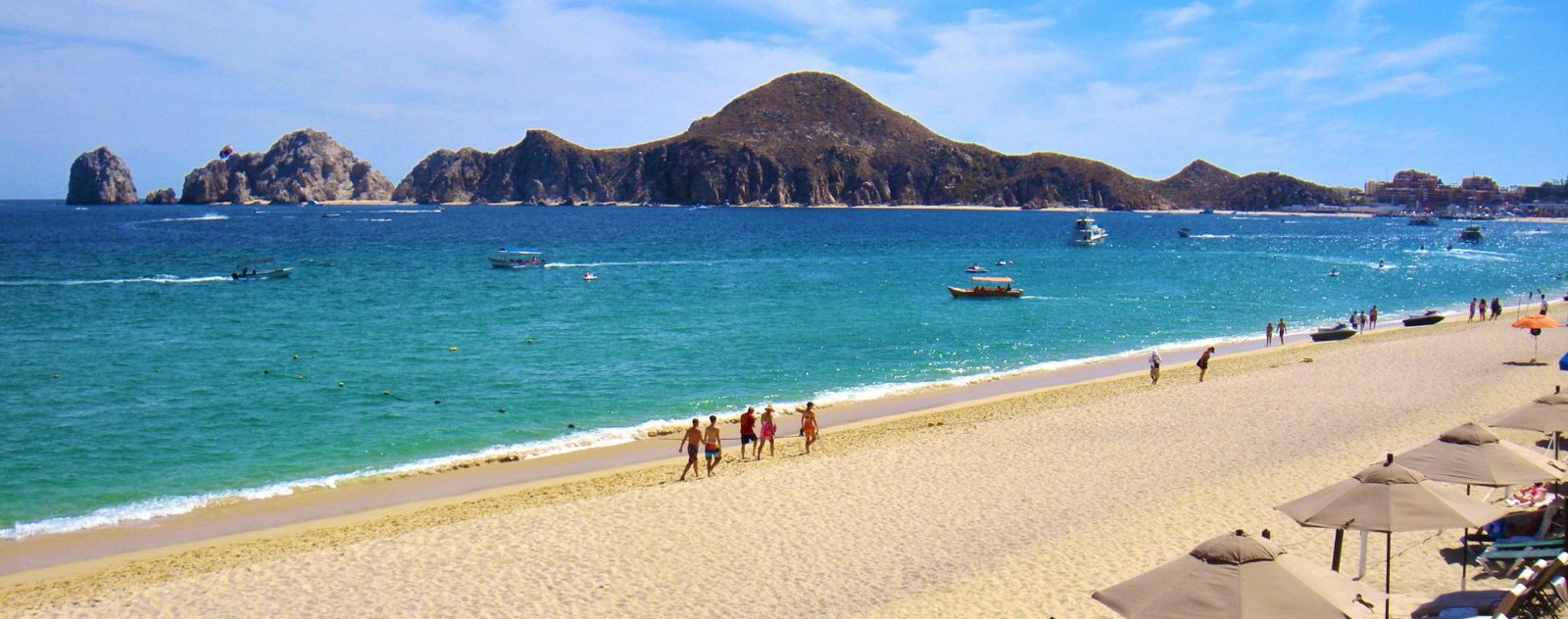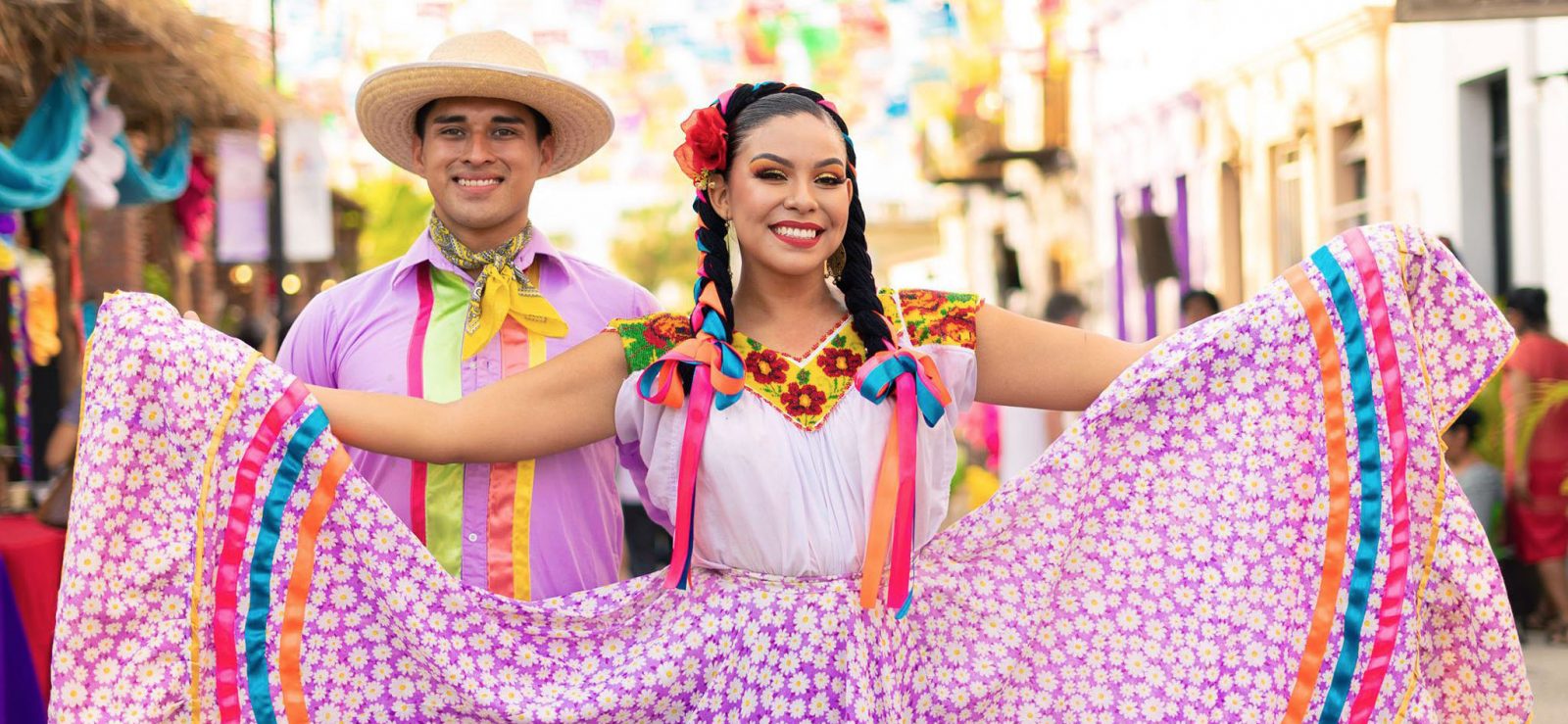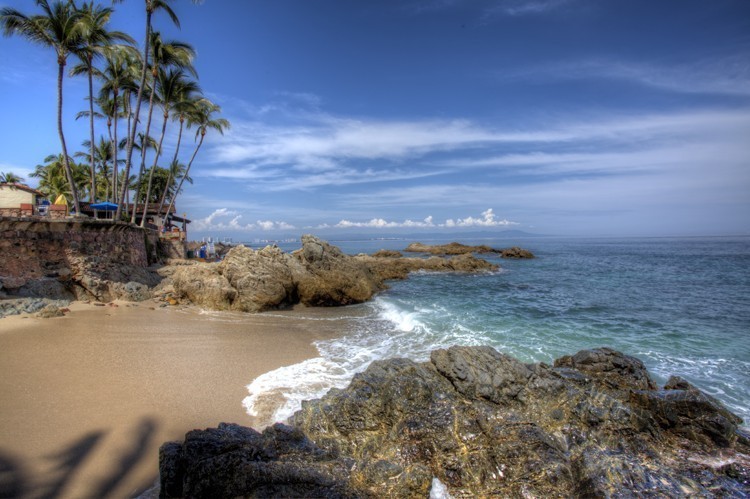Feliz Navidad!
Over the years with our staff in Cabo San Lucas we have enjoyed these traditions. We have held a posada at our annual Christmas Party complete with the traditional song seeking shelter. Each January 6 we have several loaves of Three Kings Bread delivered and we have a celebration together partaking in the bread and drinking the a special rich hot chocolate called Champurrado. Our loaves of Three Kings Bread always seems to have extra babies in them. In fact it is known that a couple of babies have been slipped in to my husband’s bread each year for fun. It is good luck to receive the baby and each person who finds a baby in their piece of bread must bring fresh tamales to work on Feb. 2. We usually have more than enough delicious tamales shared by all.
Over our more than 10 years in Cabo we have enjoyed many of the local traditions and have felt honored to be part of them. I wanted to share them here with you.
The Christmas season begins in Mexico and most Spanish-speaking countries on Dec. 16, when Las Posadas festivities begin. For nine days, the time many believe it took Joseph and May to travel to Bethlehem, there are beautiful candlelight processions along the streets reenacting the holy family’s search for lodging.
Many times children dress as Mary and Joseph and go to various homes, knock on the doors and sing a song seeking shelter. At one designated home, the group is allowed to enter, and is treated to a special treat that usually includes tamales and the holiday punch called ponche. After the meal the children are invited to break open a piñata.
Noche Buena is the final night of the posada procession where families gather for fiestas. The celebration includes traditional foods including tamales, a salad of beets, apples, oranges, jicama and peanuts garnished with pomegranates (ensalada de Noche Buena), and bacalao (a traditional stew-like mixture of salt cod, garlic, tomatoes, olives, cloves, cinnamon, pickled jalapeños and potatoes.
El Dia de Los Tres Reyes (The Day of the Three Kings)
On January 6, gifts are given out, just as the three kings/wise men brought gifts to baby Jesus. The tradition on this day is to share the Three Kings Bread (rosca de reyes) which is a sweet fruit-filled bread that contains tiny dolls representing the Christ child.
The lucky people who find a doll in his or her piece must make dinner for the entire family on Feb. 2 which is the Dia de la Candelaria (Candlemas), the day Mexico’s holiday season officially ends.






